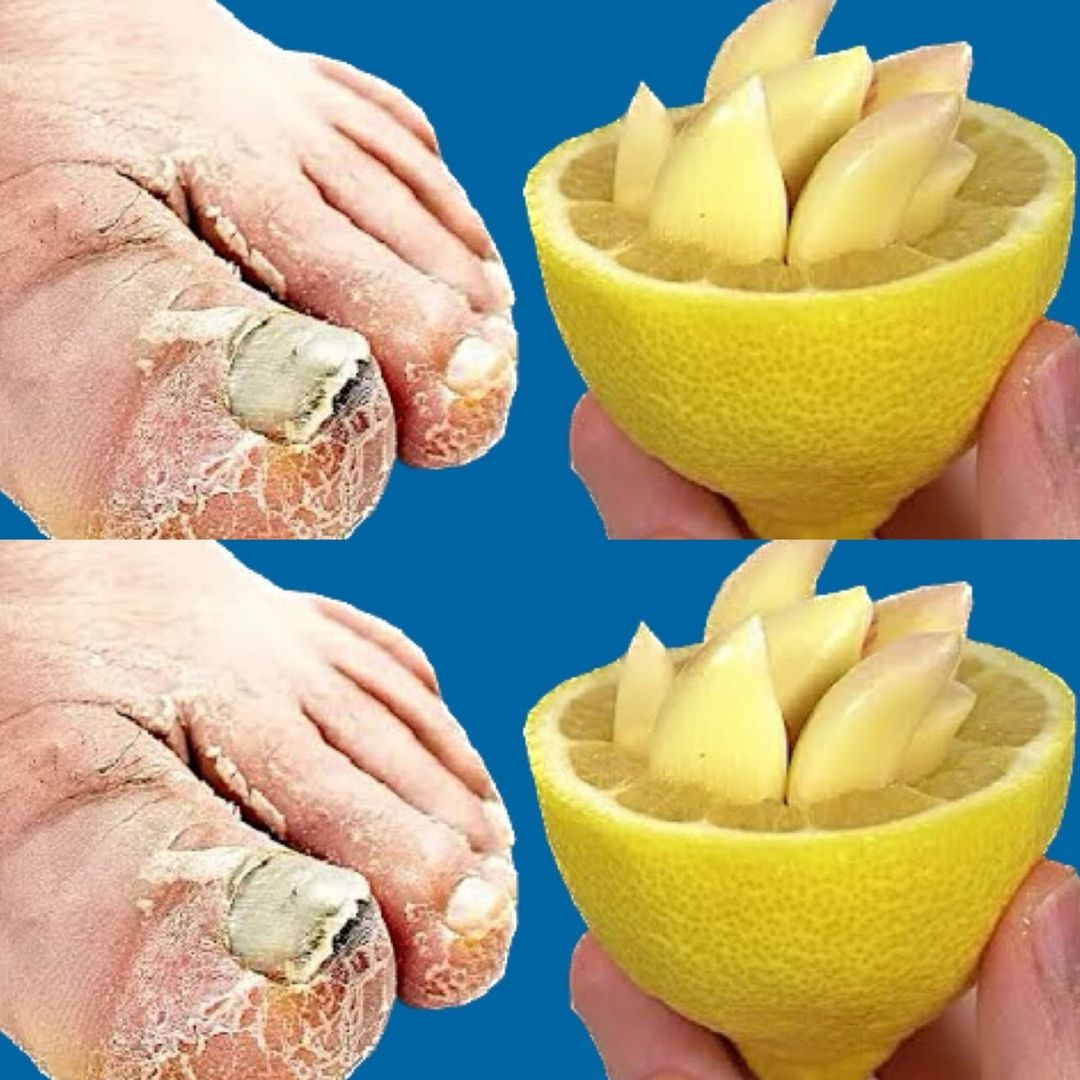Baking soda can help neutralize odors and dry out the moisture that fungi thrive in, while hydrogen peroxide is a natural disinfectant that can help kill fungus.
How to Use:
- Make a paste using 2 tablespoons of baking soda, 1 tablespoon of hydrogen peroxide, and a few drops of water.
- Apply the paste directly to the affected nail and let it sit for 10-15 minutes.
- Rinse off with warm water and dry thoroughly.
- Repeat daily until the infection improves.
4. Coconut Oil
Coconut oil contains caprylic acid, which can penetrate the cell walls of fungi, leading to their destruction.
How to Use:
- Clean and dry the affected nail(s).
- Apply a thin layer of coconut oil to the nail and surrounding skin.
- Allow the oil to absorb naturally. There’s no need to rinse it off.
- Repeat 2-3 times daily until the fungus clears up.
5. Garlic
Garlic has strong antifungal properties due to the compound allicin, which can help fight nail fungus.
How to Use:
- Crush a few garlic cloves to release their juices.
- Apply the crushed garlic directly to the affected nail(s).
- Leave it on for 30 minutes, then rinse off with warm water.
- Alternatively, mix crushed garlic with olive oil and apply it to the nail.
- Repeat daily until you see improvement.
Over-the-Counter Treatments
If natural remedies aren’t providing the results you need, you can try over-the-counter antifungal creams, gels, or nail lacquers. These products are specifically formulated to target and treat nail fungus. Common ingredients include:
- Clotrimazole: An antifungal agent found in many creams and lotions.
- Terbinafine: An antifungal medication available in topical and oral forms.
- Tolnaftate: A topical antifungal cream or powder.
Preventing Nail Fungus
Preventing nail fungus is just as important as treating it. Here are some tips to help prevent the recurrence of nail fungus:
- Keep Nails Clean and Dry: Fungi thrive in warm, moist environments, so keeping your nails dry is essential.
- Wear Breathable Footwear: Opt for shoes that allow air to circulate and avoid wearing the same pair of shoes daily.
- Trim Nails Regularly: Keep your nails trimmed and filed to reduce the risk of injury and infection.
- Disinfect Nail Tools: Always clean and disinfect nail clippers, files, and other tools before and after use.
- Avoid Walking Barefoot: Especially in public places like gyms, pools, and locker rooms, wear flip-flops or shower shoes to prevent exposure to fungi.
When to See a Doctor
If your nail fungus does not improve with natural remedies or over-the-counter treatments, or if it worsens, consult a healthcare professional. Prescription medications, such as oral antifungal drugs or medicated nail polishes, may be necessary to effectively treat the infection. Additionally, if you have diabetes or a weakened immune system, it’s important to seek medical advice for nail fungus.
Nail fungus can be stubborn, but with consistent treatment and proper care, you can restore the health of your nails. Whether you opt for natural remedies or over-the-counter treatments, the key is persistence and prevention to keep the fungus from returning.
